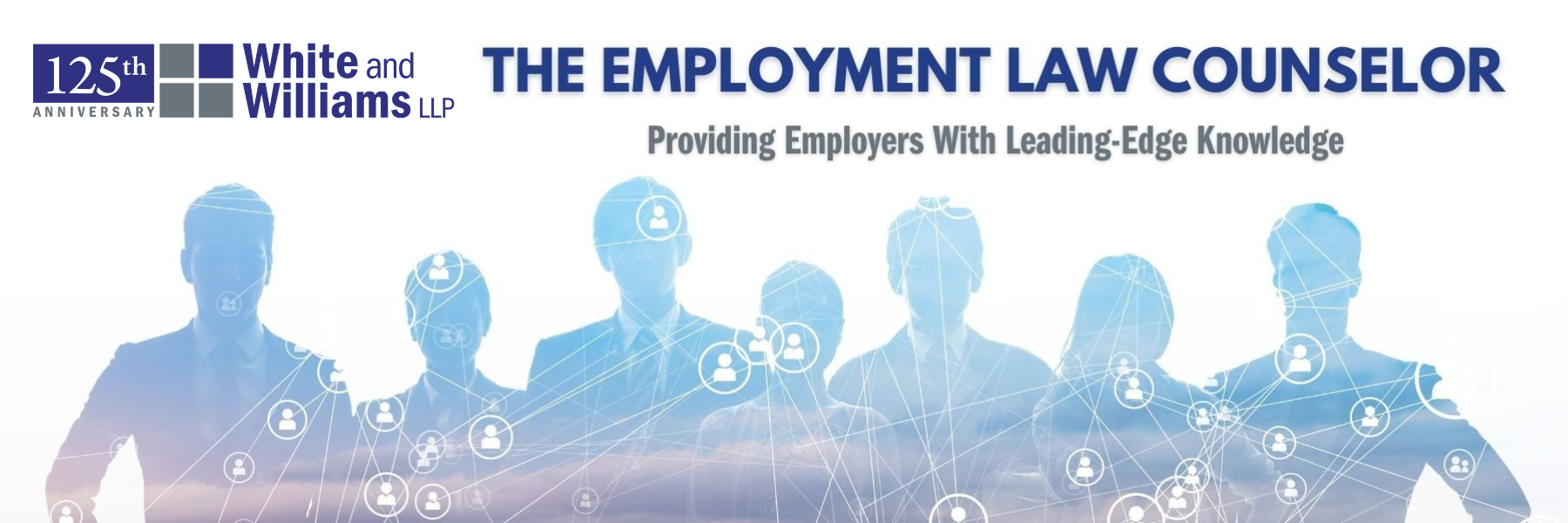For better or for worse, social media has become an important and all-consuming part of everyone’s lives, including your employees. Information can be shared instantly, with the ability to reach a wide audience in a short amount of time. Not only can photos and videos of pets, memes, and clips of the latest TikTok trends be shared instantly, opinions and views on hot topics such as critical race theory or the news of a verdict in a high-profile trial can be posted online for all to see.
Just a few months ago, the Supreme Court of the United States held in Mahanoy Area School District v. B.L., No. 20-255 (2021) that a student’s off-campus social media posts criticizing her school were protected by the First Amendment. While the court found that the school violated the student’s First Amendment rights when it suspended her from the cheerleading team, employers can gain some insight from the court’s ruling. More specifically, how should employers proceed when an employee’s social media post goes viral, not resulting in positive news coverage as a feel-good story, but pressure from the public to take disciplinary action?
Employers in the public sector should remain mindful of the applicability of the employees’ freedom-of-speech rights under the First Amendment and determine whether the post caused a “substantial disruption” to business operations. This may lead to a finding that a social media post was not protected by the First Amendment. While public sector-employees possess these freedom-of-speech protections, the social media posts of private-sector employees may be entitled to other statutory protections. For example, employers should consider whether the post concerns the terms and conditions of their employment. Social media posts of employees that touch on topics such as wages and hours or other terms and conditions of employment may be protected under the National Labor Relations Act. Employers should review their social media policy, consider whether the policy was violated, and conduct an investigation in a fair and neutral manner keeping these observations in mind.
To the extent social media has not yet fully consumed our daily lives, it would be difficult to imagine its use and popularity not moving in an upward trajectory going forward. If an employer does not have a social media policy, there is not a better time than now to begin thinking about and creating one.


